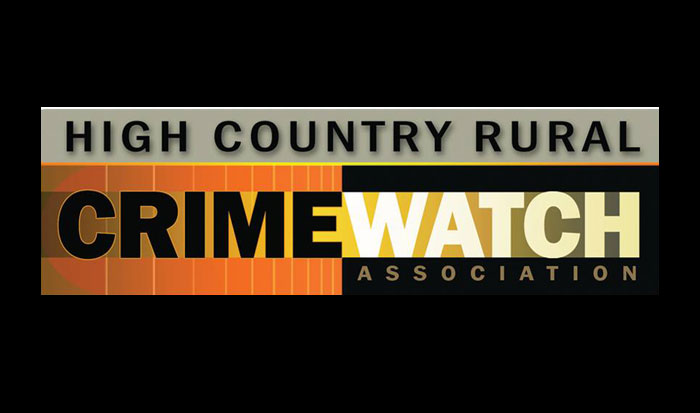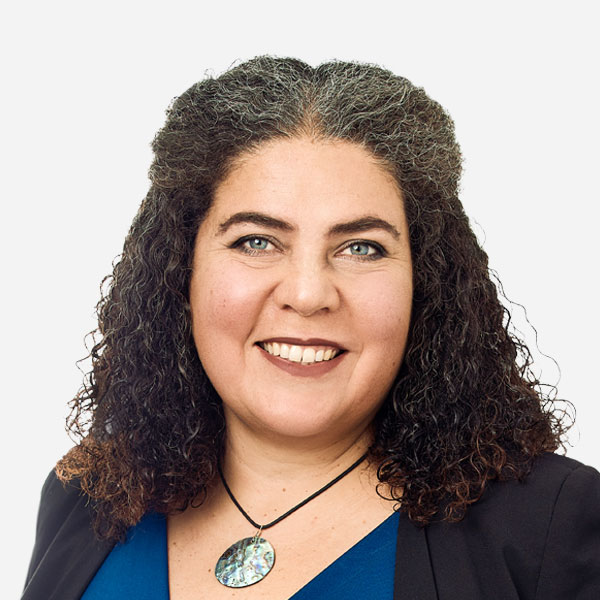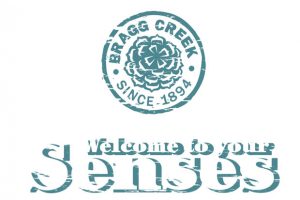It’s been a quiet yet unforgettable beginning to spring here in the High Country, our paradisiacal home on the edge of the prairie somewhere west of Calgary. We have never faced a spring like the one last month when we had to shovel snow like Christmas without the joy of getting together with family and friends. We learned new terms and new ways of living. For example, we learned that social distance means “stay at least two meters away from people who do not live with you.” The authorities tell us to wash our hands with soap for at least twenty seconds and wear masks when going into public places.
In old movies, the “bad guys” always wore masks when they robbed banks and stores. Today, at least for now, everyone wears masks—and gloves—just to enter grocery stores and pharmacies. An invisible enemy, COVID-19, is changing how we live. We cannot let friends get near us. Recently, one of our neighbours dropped by to give us some masks that she had sewn for family and close friends. Rather than chat in the comfort of our home, we stood outside over four meters apart for thirty minutes in the cold morning air. I guess we could have moved closer to each other, but we were wimps. We stopped singing the word to Fame: “I’m gonna live forever / I’m gonna learn how to fly, high . . .” and in so doing we hoped to avoid the ensuing words, “. . . I’m gonna make it to heaven . . .” for as long as possible.
Eventually, we will defeat COVID-19 and return to normalcy. Meanwhile, for thieves and other nefarious creatures it has been business as usual. The Canadian Anti-Fraud Centre has posted information on how SIM swapping and phone number porting allow thieves to empty your bank accounts, apply for credit in your name, and do more damage. You can get details by Googling “Canadian Anti-Fraud SIM Card Swap.”
How can we combat that? Secure passwords help. Minimize or delete identity information on the phone.
Reply promptly to a porting inquiry from mobile service. Use dual authentication for online access.
Scammers can often access your personal information simply by phoning you. Always be wary when someone asks for any personal information over the phone. Caller ID is of no help here, since the number you see may have been spoofed—a fictitious phone number. If the caller claims to be from law enforcement, the government, or a financial institution, simply hang up. Those organizations do not use recorded messages to say you are in trouble. If they give you a phone number to call, don’t. The phone number they give will be to them, not to whom they pretend to represent.
Of course, thieves are opportunists, and the current pandemic is offering them plenty of opportunities. Here are some popular COVID-19 scams designed to separate you from your money. None of the following is genuine:
- Cleaning or heating companies offer duct cleaning services or air filters to protect you from COVID-19.
- Fraudulent organizations offer lists of people infected with COVID-19 in your neighbourhood.
- People claiming to be from a government health agency inform you that you have tested positive for COVID-19, and they need your health card and credit card numbers for a prescription.
- Fake charities offer free medical products (e.g. masks) for a donation.
- Official-looking e-mails from alleged government agencies regarding the pandemic will often ask for personal information or ask you to open attachments that contain malware. Never open attachments from strangers unless you are expecting them, and never give out personal information.
- Financial advisors pressure people to invest in hot new stocks related to COVID-19.
- Companies offer fraudulent COVID-19 tests for sale.
If you are not already a member of our High Country Rural Crime Watch Association, you should join our group. Thanks to the work of a few volunteers and a grant from TC Energy, membership is free. You will have no financial obligations, but you will get optional mail or phone call fan-out messages describing recent and current criminal activity in our area. New members also get a free High Country Rural Crime Watch Association sign. We do ask that members be active in watching for and reporting suspicious activity to the police and your neighbours.
The information we publish regularly in this column is but a small fraction of the news circulated more frequently to our membership about crime in this area. To join, phone us at 403.931.2407 or visit our website for tips, resources and emergency phone numbers: www.hcrcwa.ca. Our Facebook page has more information: www.facebook.com/HighCountryRuralCrimeWatch.
So that’s the news from the High Country, where all the grown-ups are youthful, and all the children are more mature than all the other children and their parents.
John Robin (‘J.R.’) Allen
jrapriddis@gmail.com























